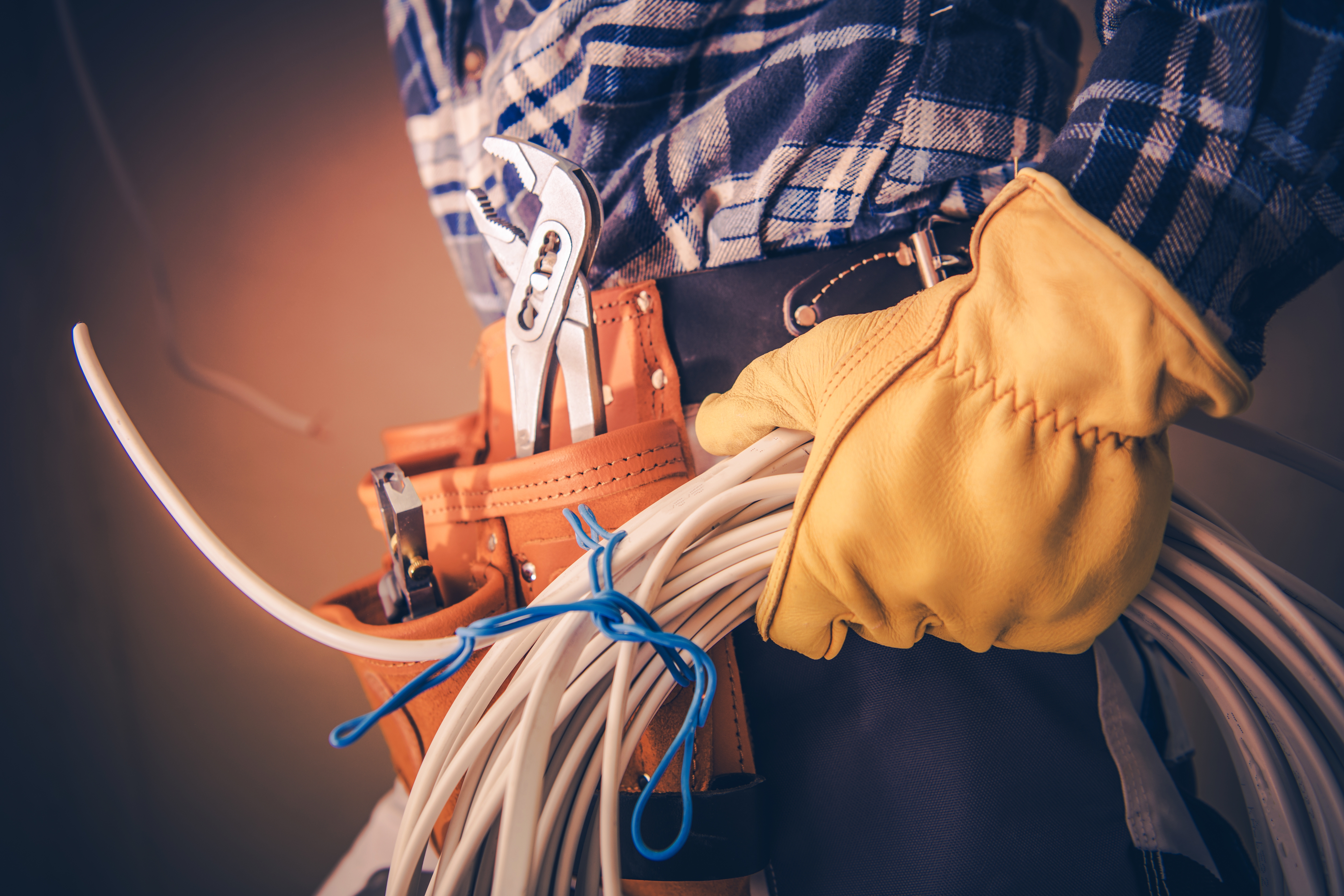DIY electrical work is attractive to many Florida residents for one primary reason – cost. In theory, a DIY electrical repair from on-hand items or low-cost replacement parts is much more cost-effective than hiring an electrician. But is this always, or even often, the case? Electricians routinely come across previous DIY work during their day and turn these haphazard repairs into safe and secure systems. Today, we will discuss the most common mistakes homeowners make regarding their DIY electrical projects – and how calling a professional can help.
DIY Home Electrical Repairs
There are two aspects of DIY work that we need to address briefly – safety and cost.
If a Florida homeowner wants to make a DIY electrical repair, it often comes down to a perceived cost benefit. Why pay someone else to do the job when a YouTube video can show me the entire process? This thinking misses two key points.
First, many DIY jobs require tools or components that the average person doesn’t have on hand. Need only one specific type of screw for a breaker panel? Your electrician probably already has them ready to go, while you would have to buy an entire pack. Second, and more importantly, any mistakes in a DIY job almost immediately make the entire process not worth the money. When you hire an electrician, you can safely assume the problem will not reoccur in a few weeks and require more money to fix.
Regarding safety, the conclusions are obvious – DIY work is more dangerous to the person making the repairs and the household at large. We never recommend doing your own electrical repairs for anything beyond the basics. If you are starting to poke around with wires or complex systems, it’s time to call a professional.

Situations When You Should Call a Professional Electrician
Here are the mistakes that we commonly see when following up on an attempted DIY project:
- Overloaded Circuits: Overloading circuits is a common mistake for DIY enthusiasts. It happens when too many devices are plugged into a circuit, drawing more power than it can handle. This can cause breakers to trip or, worse, start a fire. Overloaded circuits are commonly found after DIY kitchen or bathroom renovations, as homeowners often fail to accurately gauge the energy needs of appliances or energy-hungry devices like toasters and hair dryers.
- Improper Grounding: Grounding is a crucial safety feature in any electrical system, and it’s often misunderstood by DIY enthusiasts – but it’s there for a reason. The grounding wire should always be connected to your electrical devices and outlets to discharge unwanted voltage safely. Loose or corroded grounding connections can be just as dangerous as no grounding at all. If you’re not confident in your ability to handle grounding correctly, it’s best to call in a licensed electrician.
- Incorrect Use of Extension Cords: Using extension cords seems like an easy way to get around electrical limitations, but incorrect usage can be risky. Extension cords have limits. There are many different kinds with different ratings – some for inside use and some for outside use. Plugging too many devices into one cord at once can cause fires or burns, and extended use can degrade their quality. Extension cords should be for temporary use, and you should never use them as part of a connection powering critical infrastructure. If you find you’re relying on them regularly, it might be time to add more outlets to your home.
- Lack of GFCI Protection: Ground Fault Circuit Interrupters (GFCIs) are outlets that shut off power when they detect a fault, preventing shocks. In Florida, GFCIs are a must in areas near water, like bathrooms and kitchens. Not only is it illegal not to implement these in new projects, but they are a no-brainer for improving your home’s safety. Sadly, we still see DIY projects that don’t implement GFCIs. There is no reason to risk the safety of you and your family – call an electrician.Promise Electric is one of Sarasota’s most trusted residential and commercial electrical companies. Have an upcoming project? Let our team of professional electricians help.


